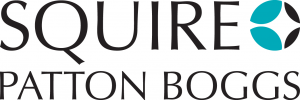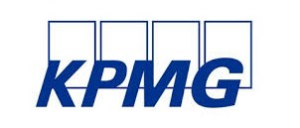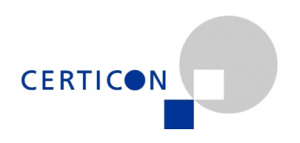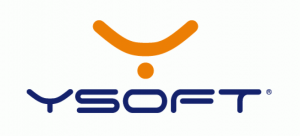CNB to hold off on rate hike until November
21.09.2017Company: Amcham
The central bank is likely to keep interest rates unchanged at the upcoming monetary policy review meeting (on 27 September), but the tone will be hawkish, in our view. Interest rates are then likely to be raised in November when a new inflation report will be discussed. The central bank's latest forecast predicted a further increase in interest rates, but only after a pause of one year. This rationale was based on the assumption of significant strengthening of the koruna, in our view. This has not yet materialised to any major degree. In addition, inflationary risks have shifted to the upside. Wage and GDP growth exceeded both market and the CNB’s expectations significantly in 2Q17. Inflation came in one tenth behind the central bank's forecast, but August’s core prices were at the same level as in 2008 when the economic cycle had culminated. As a result, we expect the upcoming monetary policy review meeting to be considerably hawkish, thereby preparing the markets for a rate hike on 2 November.
In August, the CNB raised interest rates from a technical zero to 0.25% (for the first time in almost ten years). However, it then dampened expectations of another rate hike with its new forecast predicting a year-long pause ahead of any further rate rise. Recent statements from the central bankers and data coming from the real economy have, however, confirmed our view that interest rates will go up even before the end of this year. CNB Vice-Governor M. Hampl told Reuters in an interview that if he had participated in the last meeting of the Bank Board, he would also have raised hand for higher rates. He did not rule out the option of voting for the rate hike at the next meeting on 27 September. Vojtech Benda made a statement in a similar vein. Against that, Governor Jiří Rusnok said that there is not enough information to justify a hike at the moment and that he would rather wait for another inflation forecast to be discussed on 2 November.
The inflationary risks associated with the CNB’s latest analysis have shifted upwards, in our view.
Inflationary risks
In 2Q17, the Czech economy recorded the historically highest qoq GDP growth (2.5%). This surprised not only the whole market, but also the central bank, whose estimate was 1.2pp lower. In the yoy comparison, the domestic economy added 4.7%, while the CNB forecast expected growth of 3.5%. According to the CNB's comment, the growth of the Czech economy accelerated significantly more in 2Q17 and to a much greater extent than forecast by the CNB.
Private consumption picked up also, contributing 1.5pp to yoy GDP growth in 2Q17. According to the central bank, the robust growth in household consumption reflects accelerating wage growth, rising consumer optimism and still-low interest rates.
The positive dynamic on wages was also a surprise. In 2Q, nominal wages increased by 7.6% yoy, while the CNB had forecast only 5.9%. Additionally, according to our forecast, wages will continue to grow rapidly given the tightened situation on the labour market. The government also plans to raise teachers' salaries by 15% and other public sector employees by 10% from November.
Anti-inflationary risks
August inflation at 2.5% was one tenth lower than the CNB's forecast. Nevertheless, the difference was minimal and in addition, was concentrated in the volatile food prices segment. Core inflation, on the other hand, slightly increased. According to our calculations, they printed at 2.5% yoy in August, a level last seen in 2008.
Domestic price growth will be hampered by external factors. Inflation in the euro area remains at low levels and next year does not hold much promise of acceleration. Oil prices are likely to be a little lower than current levels, which, combined with a stronger koruna against the dollar, implies lower fuel prices, possibly impacting other consumer basket items. Lower import prices, however, certainly do not offset the strong pro inflationary effect of the domestic factors.
ECB policy represents an anti-inflationary risk as well. The ECB did not announce any plans on the QE program either at its September meeting. This should be announced in October, however, in our view. The postponement of tapering in its asset-purchase programme could mean further pressure on EUR/CZK appreciation. On the other hand, significant speculative position has prevented the koruna from strengthening up to now.
All in all, inflation is likely to stay safely above the CNB’s two-percent inflation target this year and next. In addition, inflationary risks are skewed to the upside. Although foreign factors will drag on price rises, they will not be able to outweigh the inflationary pressures stemming from rising domestic demand. We assume, therefore, that the central bank will keep interest rates unchanged in September, but it will hike them by 25bp in November (2T repo rate to 0.5%). The tone is likely to be hawkish. Next year, the central bank will likely have to continue with monetary policy tightening. We expect it to hike rates three times in 2018.
Tags: Finance |







